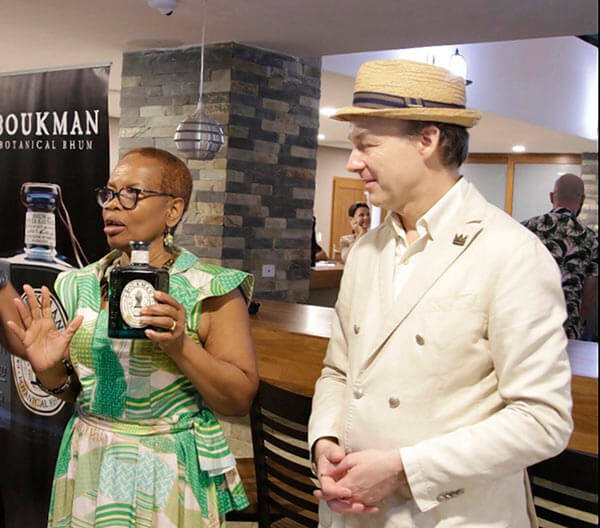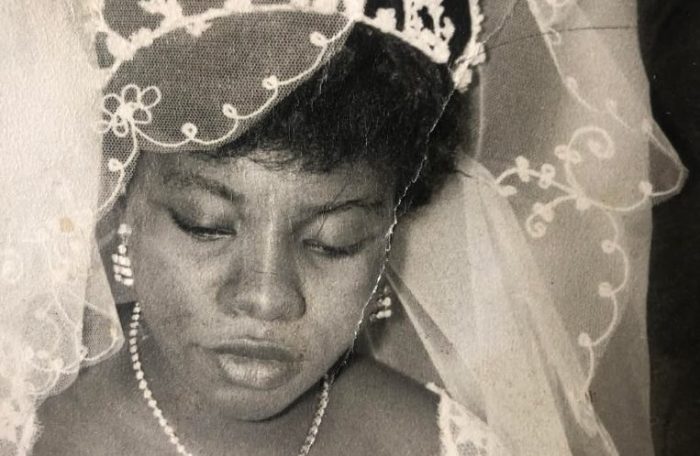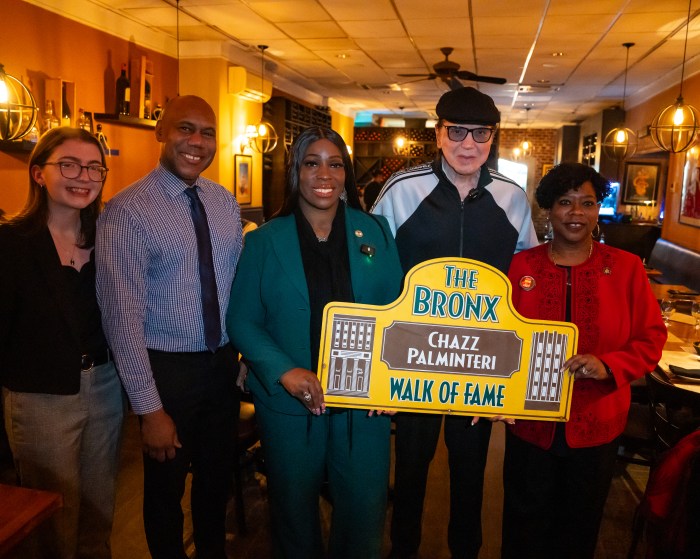There’s a new Caribbean rum in town.
The Haitian-made alcoholic beverage Boukman Rhum is a liquor with a mission. As one of the newest rums out of Haiti, its manufacturer is trying to bring the island nation to the forefront of the global rum market and sustain business for several industries in Haiti. Its founders — Josette Buffaret Thomas, a native of Haiti, and Adrian Keogh who is from Ireland, started it all in 2016. And one of their goals with the rum is to re-introduce a new spirit to rum aficionados everywhere, said the company’s account manager.
“Our mission is to showcase Haiti as the lost world of rum,” said Garcelle Menos. “There’s a beauty in the drinking culture there that has been left untouched and undiscovered for years.”
Boukman Rhum is made in the same traditional Haitian way of making moonshine, called “kleren tronpe” in Haiti. It is macerated in botanical barks for weeks on end, honoring the age-old traditions, while adapting to new-age style of fusing in spirit-making, according to Menos.
“If kleren tronpe had a more sophisticated and elegant cousin, Boukman Rhum would be it,” she said.
One of the major differences between Boukman and the more popularly known rum produced in Haiti, Barbancourt is the ageing process. The latter has been the premier rum choice in Haiti for years and soaked in European oaks, said Menos. But Boukman Rhum’s creation is a different process where it is mostly infused with botanical leaves.
The creation of it starts in either one of the two distilleries in partnership with the company — one each in northern and southern Haiti. In both, dozens of workers produce the spirit made from sugar cane. Once it leaves the distillery it heads to the main factory in Port-au-Prince wheres botanical maceration starts.
Menos describes the rum’s smell as having a dry finish with hints of cinnamon, lemongrass, and caramel. And its taste is not far off.
“It’s smooth and its finish is more complex than dry, but there are hints of citrus that linger and there are green and floral notes,” she said.
It can be drunk alone, but there are several cocktails the creators list that can be made using the rum.
Named after the exiled Haitian-Jamaican revolutionary Dutty Boukman, who led one of the first uprisings of the Haitian Revolution, the rum is lifting up the country’s in a similar fashion.
“The rum is still new but we want people to think of Boukman Rhum, the same way they think of Mexico, Brazil, Peru when they think of rum,” said Menos. “We don’t get the chance to see what Haiti can be with spirits and we are challenging that.”
She said the rum emphasizes the home-grown mission to revitalize Haitian industries and invest in what is already there.
“The reason why we emphasize the mission is because it’s important for people to understand that Haiti doesn’t need a handout and we need people to live with dignity and income,” said Menos. “We emphasize our partners because we don’t want to be the brand that just bottles Haitian rum — we are creating jobs and making sure they’re not living on two or three dollars a day, and are able to live sustainable lives and be secure.”
Boukman Rhum is carried in several liquor stores in New York City, mostly in Brooklyn, Bronx, and Manhattan.





























